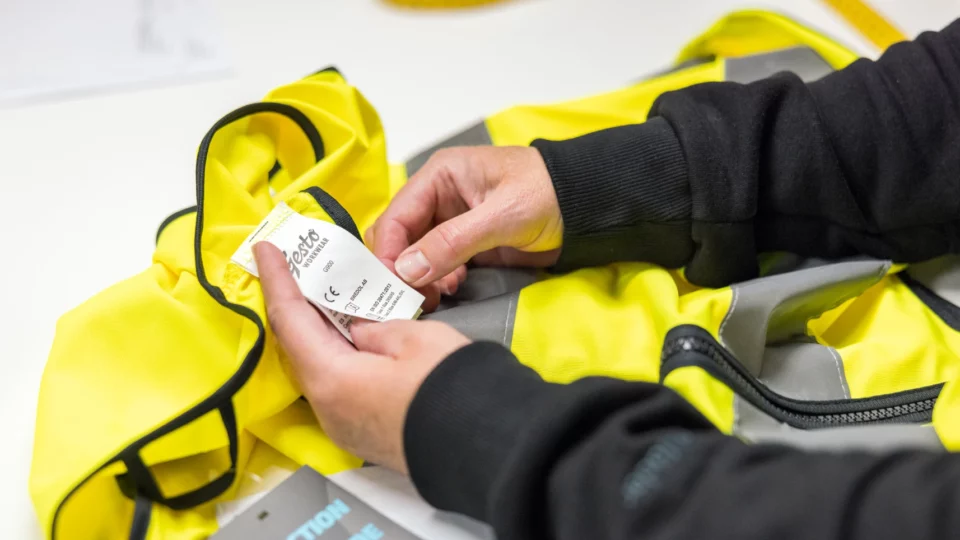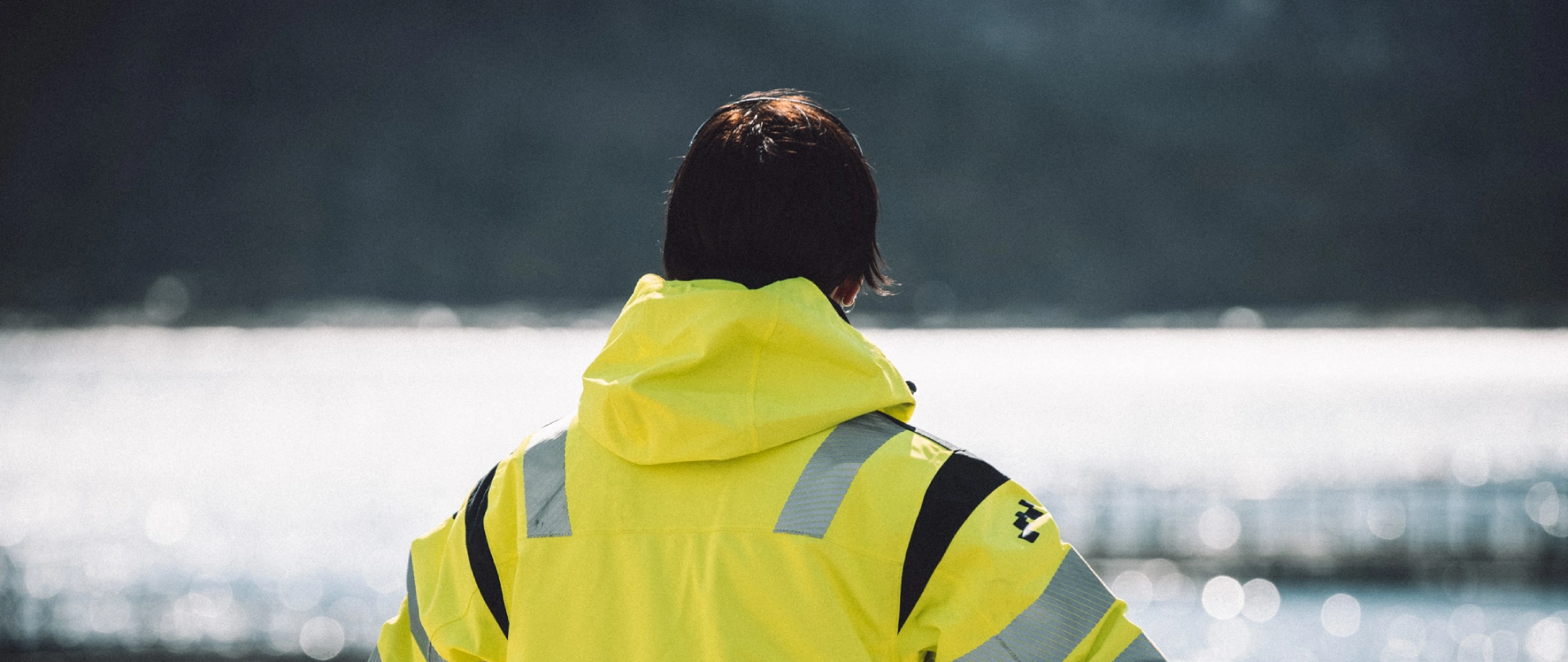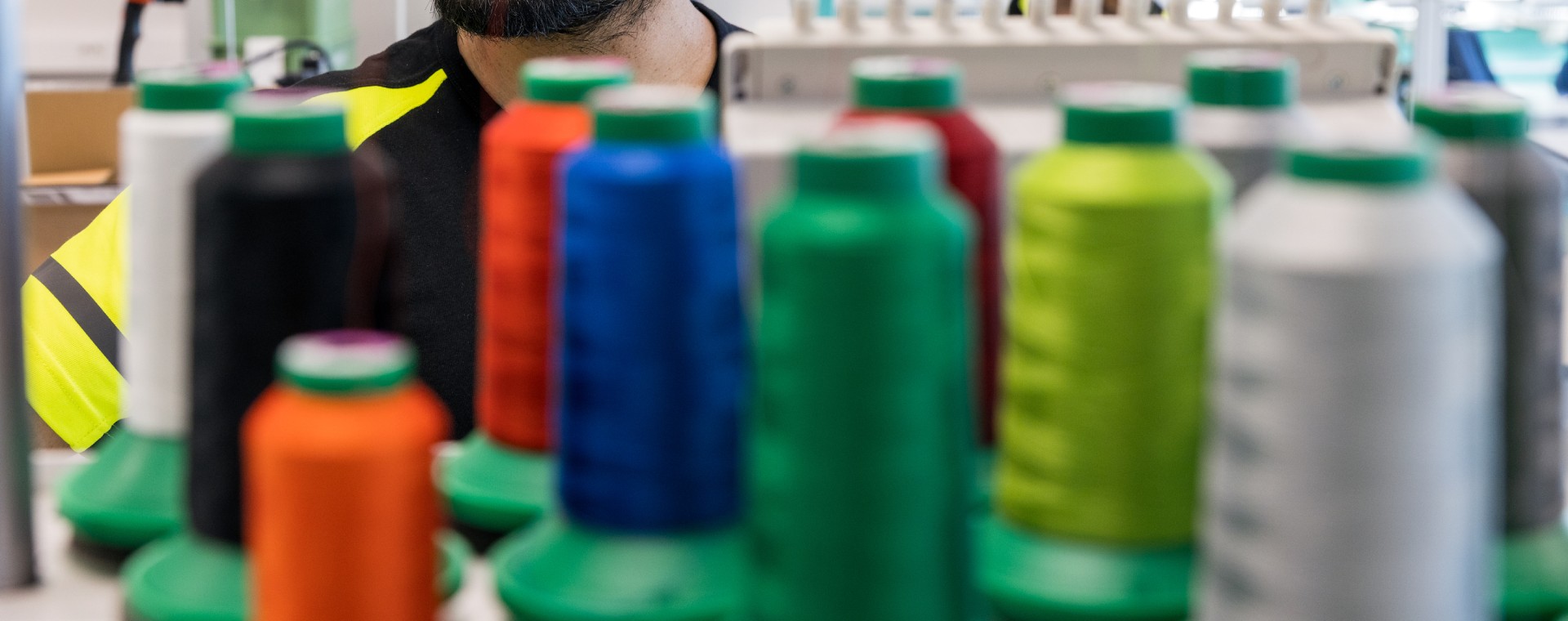
Strategic sustainability targets
The sustainability targets are based on Alligo’s vision and material sustainability issues and aim to make Alligo a leader in sustainable development within the industry. To achieve our sustainability ambitions, we have developed five strategic sustainability targets that are followed up annually and guide us in our daily work.
Alligo’s scientifically based targets for reducing greenhouse gas emissions, as well as the target for net-zero emissions by 2050, are approved by the Science Based Targets initiative (SBTi). There are clear activities linked to each target.
In addition to the strategic sustainability targets, Alligo’s nine material issues have their own time-bound targets and KPIs.
Responsible supplier relationships
Shall meet the Supplier Standard
More than 95 per cent shall meet Alligo’s Supplier Standard.1
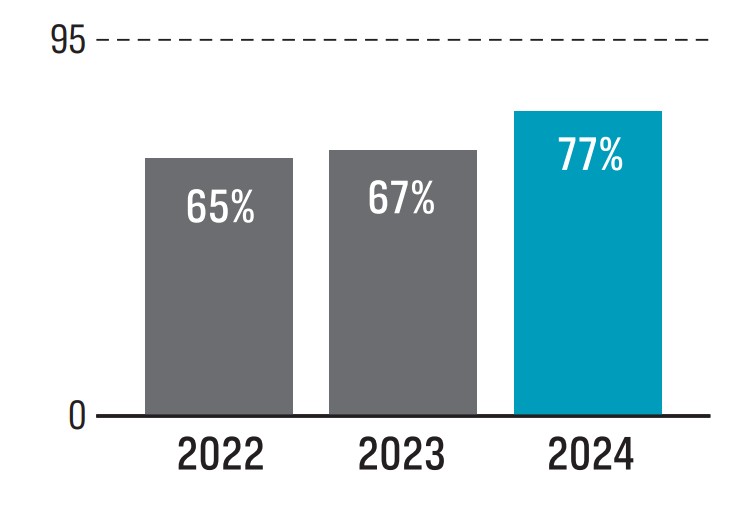
2024
In 2024, an increased proportion of suppliers met Alligo’s Supplier Standard. The Supplier Standard includes agreements, acceptance of the Supplier Code of Conduct and related Chemical Restriction Lists, and self-assessments performed by suppliers on the requirements of Alligo’s Code of Conduct.
Satisfied customers
Customer Satisfaction Index
The Customer Satisfaction Index (CSI) shall be more than 75.
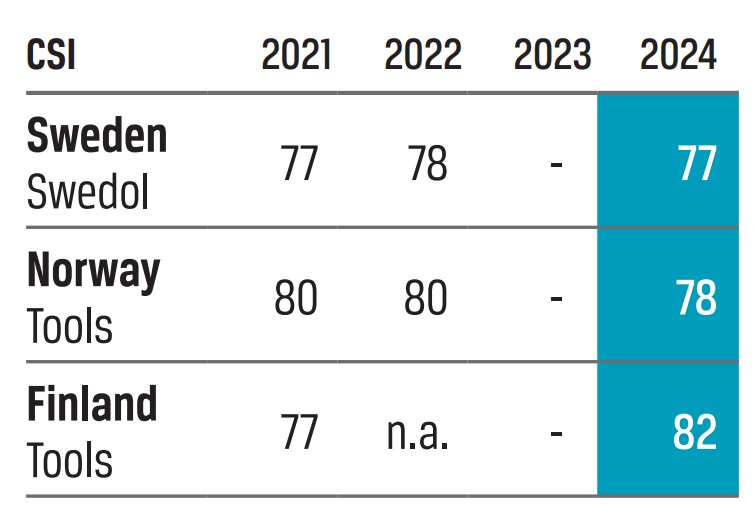
2024
The CSI measurement for 2024 continues to show a result that exceeds the targets in all countries. CSI measurements are reported for one concept brand per country as of 2024. For greater comparability, the outcomes for 2022 and 2021 have been recalculated. CSI was not measured in 2023 as the measurement method was under review.
Health
Sickness absence
Sickness absence shall be less than five per cent of total scheduled hours.
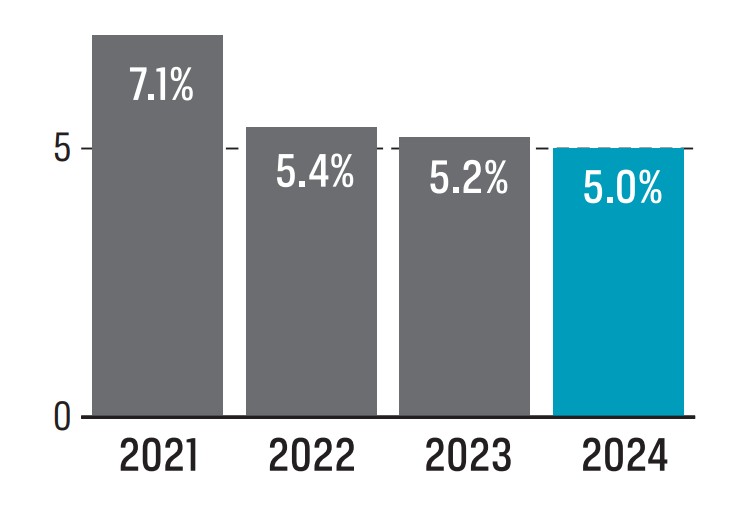
2024
Extensive change work and the Covid-19 pandemic had a significant impact on sickness absence in 2020 and 2021. Sickness absence subsequently reduced gradually, driven by a positive trend in Norway and Finland up to 2023. The decrease in 2024 was attributable to Sweden.
Gender quality
Proportion of women in management positions
The proportion of women in management positions shall be more than 30 per cent.
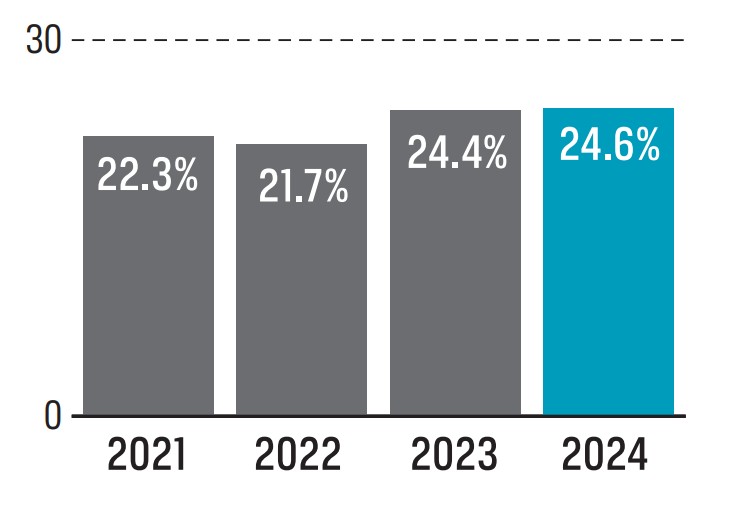
2024
The proportion of women in management positions has increased since 2022. Up to 2023, the increase was driven by development in the integrated business in Sweden. The improvement in 2024 was the result of an increased proportion in Finland. The increased proportion of women in management positions is the result of targeted work to include both women and men as final candidates in recruitment processes.
Climate impact
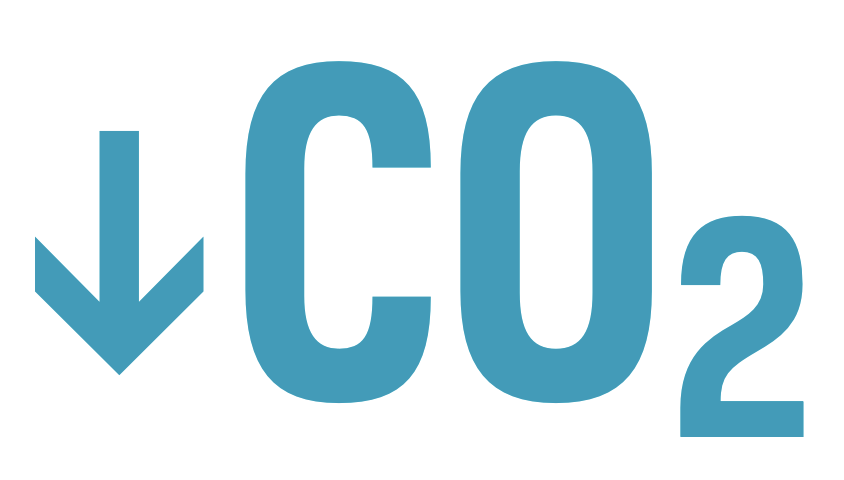
Reduced greenhouse gas emissions
Scope 1 and 2: Reduce absolute greenhouse gas emissions by 42 per cent by 2030, calculated from the base year 2023. Scope 3: The proportion of suppliers³ with sciencebased targets shall be at least 70 per cent by 2029.
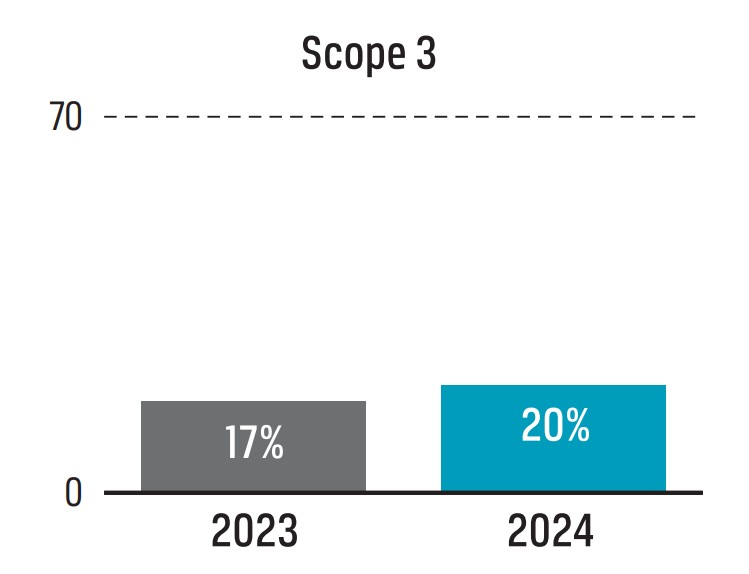
2024
The proportion of suppliers with science-based climate targets has increased to 20 per cent (17). Emissions within scope 1 and 2 have decreased by 19 per cent. Increased emissions from business travel by car, resulting from a change to the greenhouse gas reduction mandate in Sweden, have been offset by energy efficiencies, an increased proportion of fossil-free electricity and an increased proportion of electric and hybrid vehicles.

